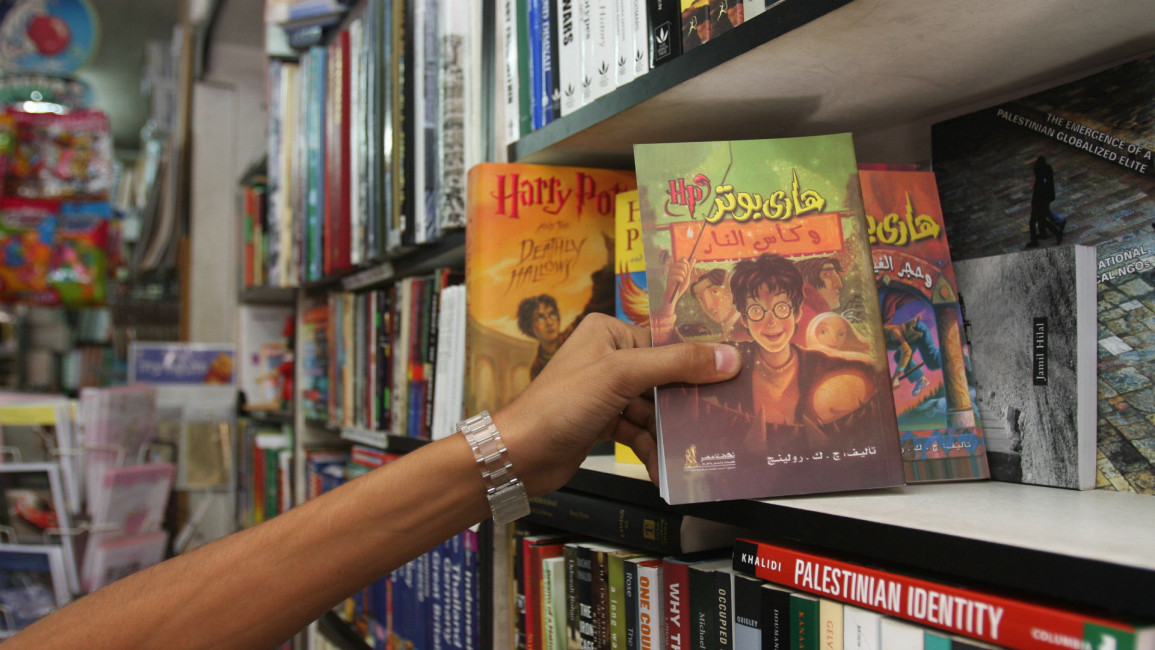
Arabic: The belle in distress
The belle is in distress. But the belle meant here is not the Lebanese diva Haifa Wehbe.
True, journalists on World Arabic Language Day last year suggested we sought help from her and other celebrities to promote Arabic among young people.
No, the belle is the term Egyptian poet Farouk Shousha first gave to the Arabic language itself in the 1960s.
It is evident that the belle is in danger. Arabic speakers, even though they have access to the most versatile means of communication today, and even though their language is intimately linked to the holy book of one of the leading world religions, have not taken full advantage of this position to promote its use among younger Arabic speakers or among non-Arabic speakers.
Beautiful stranger
Today, December 18, we celebrate the third World Arabic Language Day. The UN culture organisation Unesco officially observed it for the first time in 2012, following the persistent and commendable efforts of dedicated and enthusiastic advocates of Arabic, such as the Saudi president of the International Plan for the Development of Arab Culture, Ziad Aldrees, who now supervises the celebrations for World Arabic Language Day.
The UN observes similar annual days for other languages. For this reason, many dealt with the Arabic day as just another yearly event, requiring little more than the usual official and semi-official celebrations.
But Aldrees' sustained efforts after his proposal was endorsed by Unesco two years ago, using new media and social media, and taking advantage of the enthusiasm of young people to promote their native language, has helped rescue the occasion from apathy and indifference outside the circle of people directly involved.
We have seen the annual event trending on social media, with many users replacing their profile pictures with the event's logo over the past few days.
This is cause for optimism about the future of this language. Arabic is not being used, spoken, and learned as broadly as it should be, compared with other languages, or relative to its cultural and historical status, the number of Arabic speakers, and the number of countries where Arabic is an official language.
Never enough
But is it enough to have an annual one-day celebration, as passionate as people might be about it, to combat the decades - if not centuries - of neglect? Will random and often individual efforts by active young social media users succeed in helping the belle in distress?
The answer is most certainly not. Everything written in the new media, important as it is in promoting and shedding light on ideas and adapting them to suit the modern world, does not give Arabic the prominence it sorely needs to emerge from its crisis.
That would involve, for example, the enhancement of literary and intellectual output in Arabic, and encouraging young people and children to write and speak in Arabic.
We also need to improve translations into and from Arabic. Doing this will allow Arabic to keep up with innovations in language, for example on social media, and find practical solutions to using Arabic more extensively in these new areas of everyday life.
The belle remains in distress indeed.
This is an edited translation from our Arabic edition.
Opinions expressed in this article remain those of the author and do not necessarily reflect the opinions of al-Araby al-Jadeed, its editorial board or staff.



